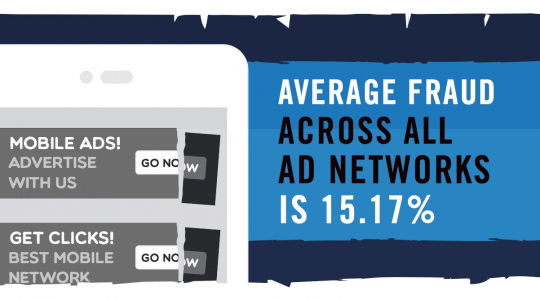On Monday, The US Supreme Court announced that they have officially denied the petitions filed by Amazon and Overstock to appeal New York’s affiliate nexus tax law.
The appeals stem from New York’s passing of what is known as the “Amazon Tax,” which expands the definition of nexus to include in-state affiliate marketers. Amazon and Overstock claimed that this violated the Constitution on grounds of due process and the interstate commerce clauses.
For affiliates, this ruling could drastically impact the livelihoods of those who work with retailers that are forced to collect sales tax in states with this “Amazon Tax”. In some of these states, retailers have completely cut off relationships with affiliates and shut down their programs to avoid collecting this sales tax.
Rebecca Madigan, Executive Director of the Performance Marketing Association, said that “We are very disappointed in this decision. There are over 80,000 online affiliate marketers in the US who have had their incomes devastated by various states’ attempts to regulate interstate commerce. Aside from the different rulings from Illinois and New York, the laws don’t work. They don’t compel e-retailers to collect sales tax. The states who have passed these laws have actually lost income tax revenue from the small businesses forced to move out-of-state or shut down.”
Madigan added that “These state laws need to be shut down, and that’s what we hoped from a Supreme Court ruling. Barring that, there is still a solution before Congress, the Marketplace Fairness Act, which passed in the Senate. It’s the only viable solution, to require all retailers to collect sales tax for all states. Maybe the House will show more interest now that there’s not Supreme Court ruling in the wings.”
The Marketplace Fairness Act, which was passed by the US Senate earlier this year and is currently under consideration in the House, will put large online retailers on the same level as brick and mortar businesses by requiring them to collect and pay state sales taxes. With this Supreme Court decision, there will now be a much stronger focus to pass the MFA to protect affiliates and their revenue. If the Marketplace Fairness Act is enacted as law, it is likely that retailers who had severed ties with affiliates due to the “Amazon Tax” would likely re-establish their programs in those states and allow affiliates to start working – and make an income – once again.
As Peter Hamilton, CEO of HasOffers said, the Supreme Court decision “is really another example of lawmakers not fully understanding the consequences of these rulings. Online advertising that crosses borders brings in economic opportunity through the affiliates and publishers in those states. Taxing external advertisers only shuts those programs down and reduces potential revenue. I really hope that the Marketplace Fairness Act does well and prevents this kind of Nexus from taking place.”
Author
Becky is the Senior Content Marketing Manager at TUNE. Before TUNE, she led a variety of marketing and communications projects at San Francisco startups. Becky received her bachelor's degree in English from Wake Forest University. After living nearly a decade in San Francisco and Seattle, she has returned to her home of Charleston, SC, where you can find her enjoying the sun and salt water with her family.


Leave a Reply
You must be logged in to post a comment.